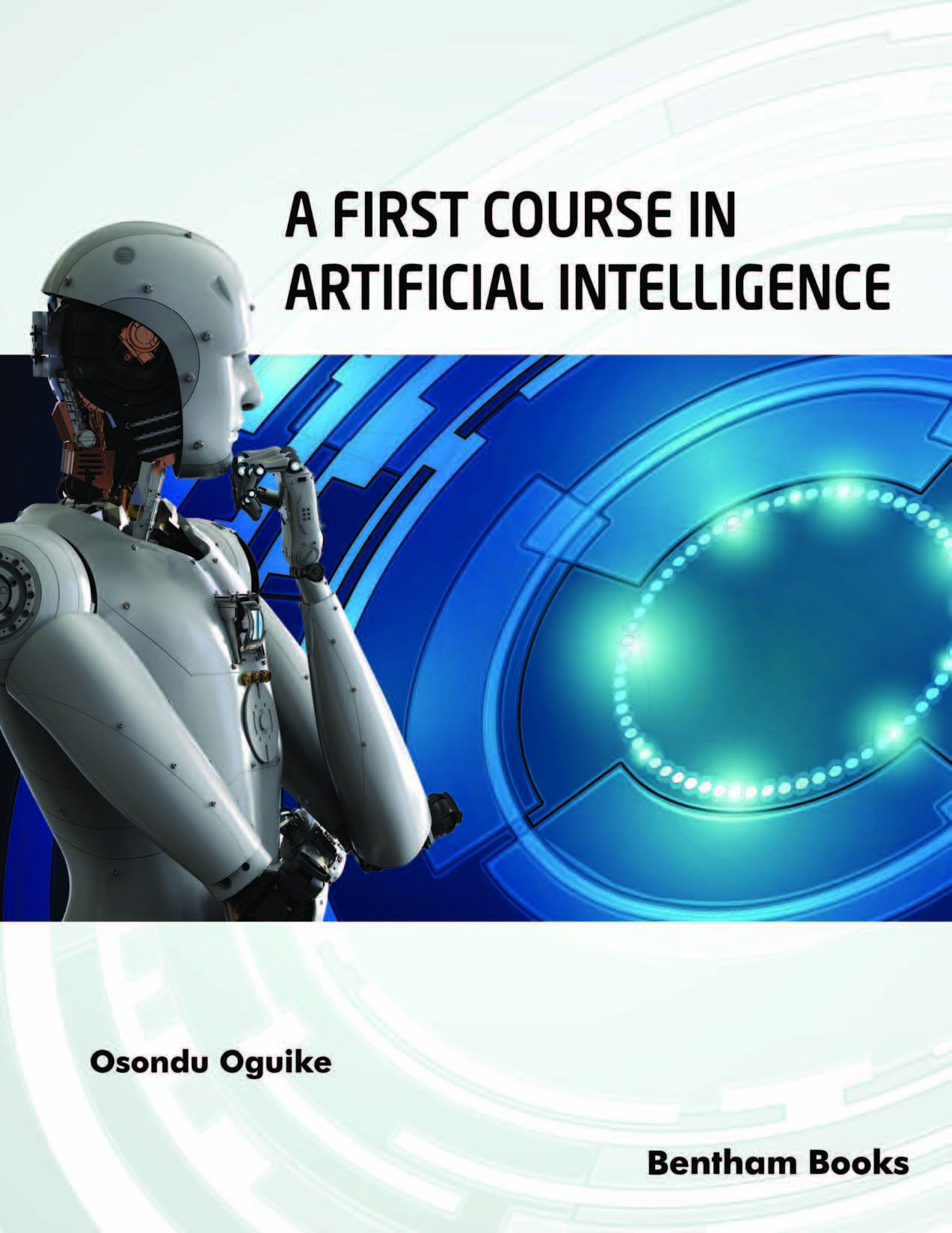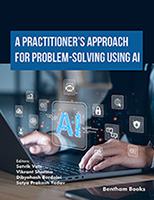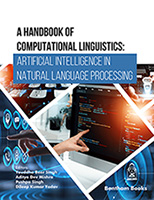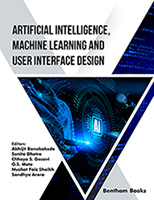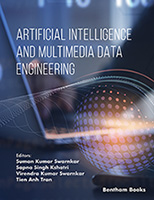Introduction
The importance of Artificial Intelligence cannot be over-emphasised in current times, where automation is already an integral part of industrial and business processes.
A First Course in Artificial Intelligence is a comprehensive textbook for beginners which covers all the fundamentals of Artificial Intelligence. Seven chapters (divided into thirty-three units) introduce the student to key concepts of the discipline in simple language, including expert system, natural language processing, machine learning, machine learning applications, sensory perceptions (computer vision, tactile perception) and robotics. Each chapter provides information in separate units about relevant history, applications, algorithm and programming with relevant case studies and examples. The simplified approach to the subject enables beginners in computer science who have a basic knowledge of Java programming to easily understand the contents. The text also introduces Python programming language basics, with demonstrations of natural language processing. It also introduces readers to the Waikato Environment for Knowledge Analysis (WEKA), as a tool for machine learning.
The book is suitable for students and teachers involved in introductory courses in undergraduate and diploma level courses which have appropriate modules on artificial intelligence.

